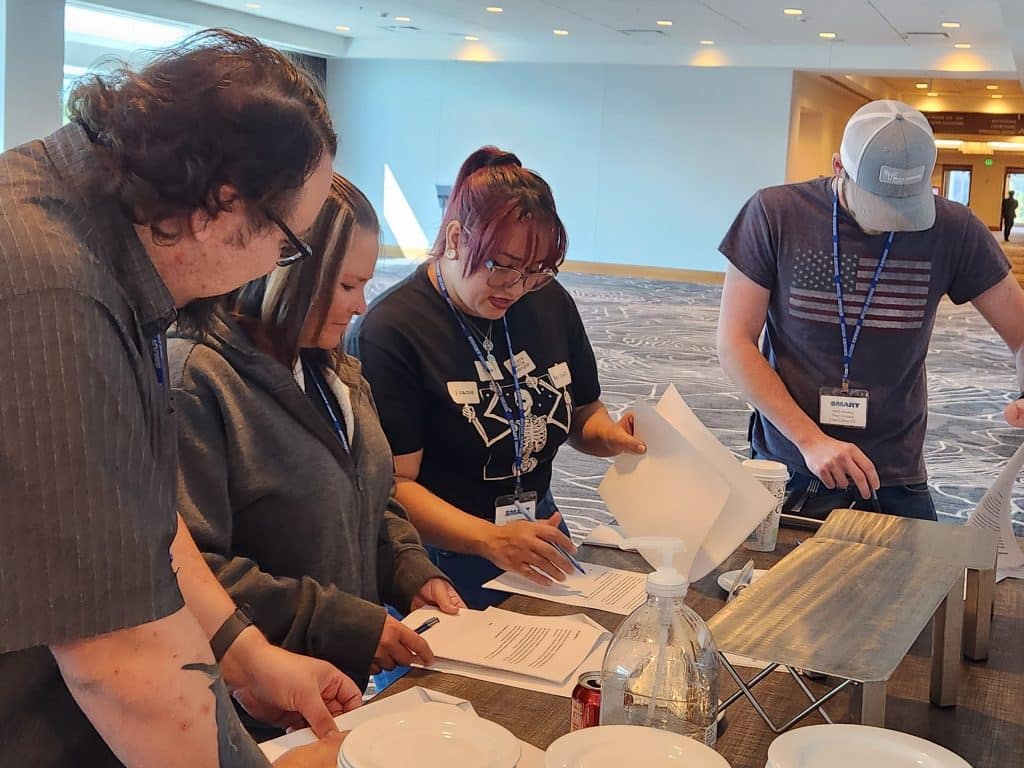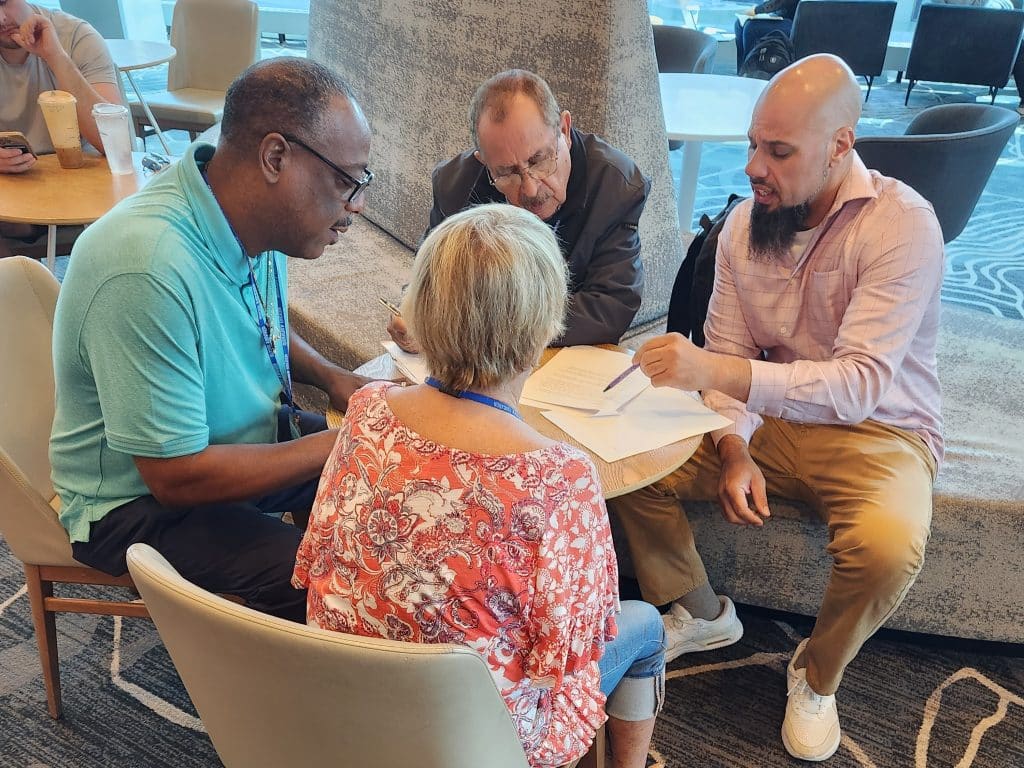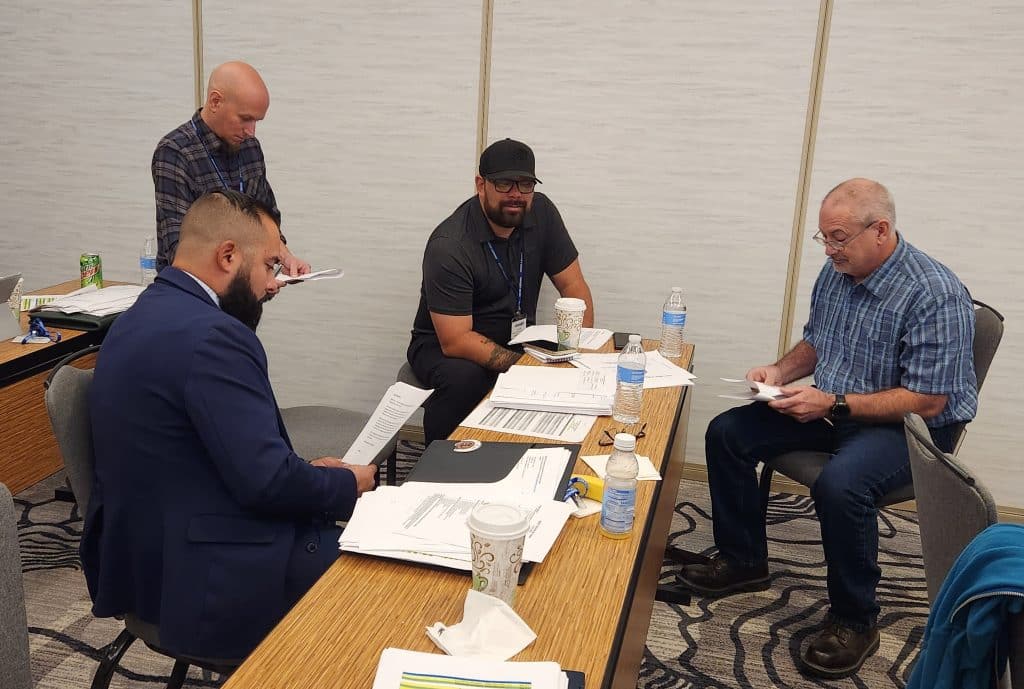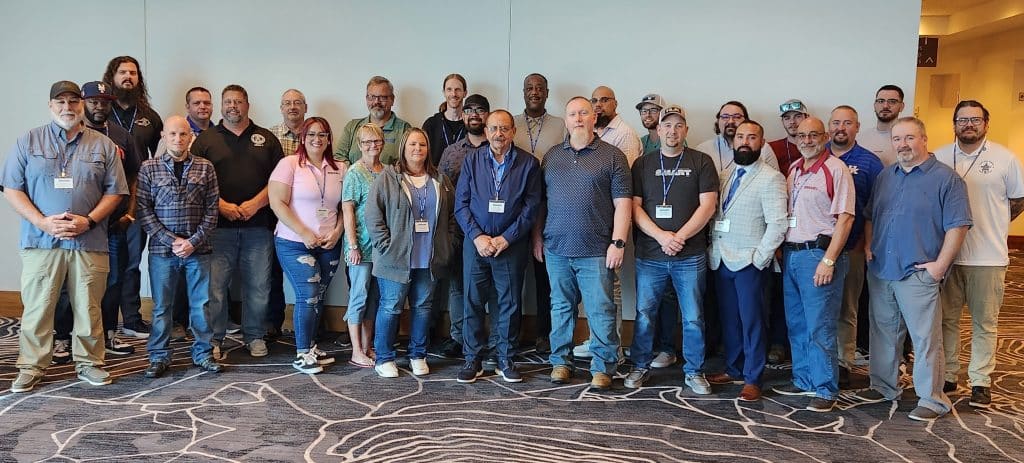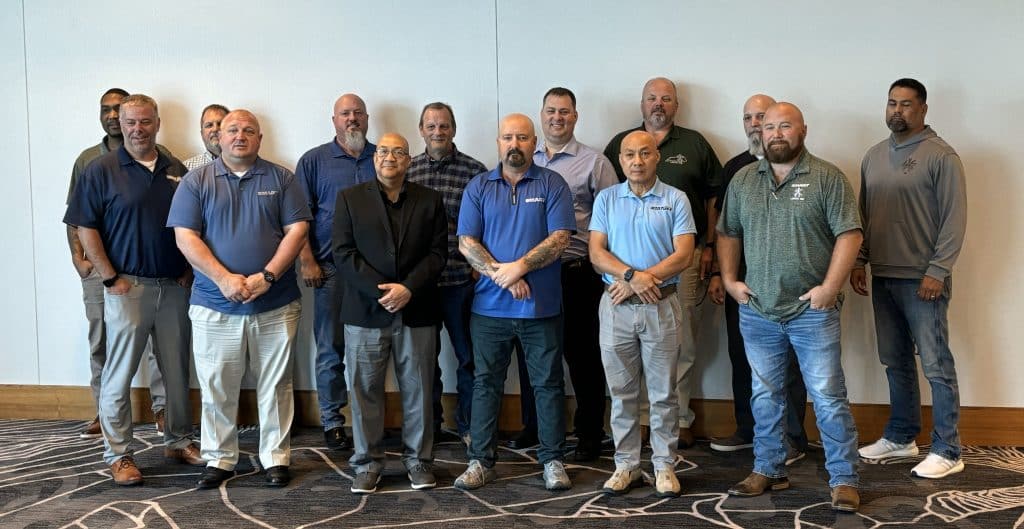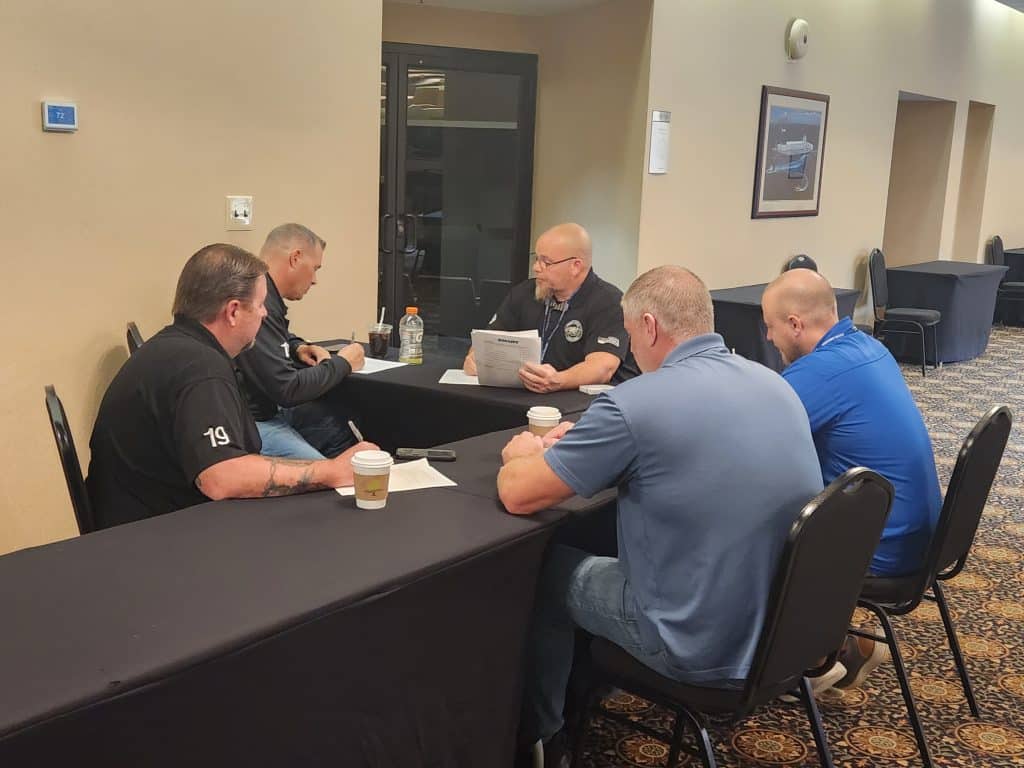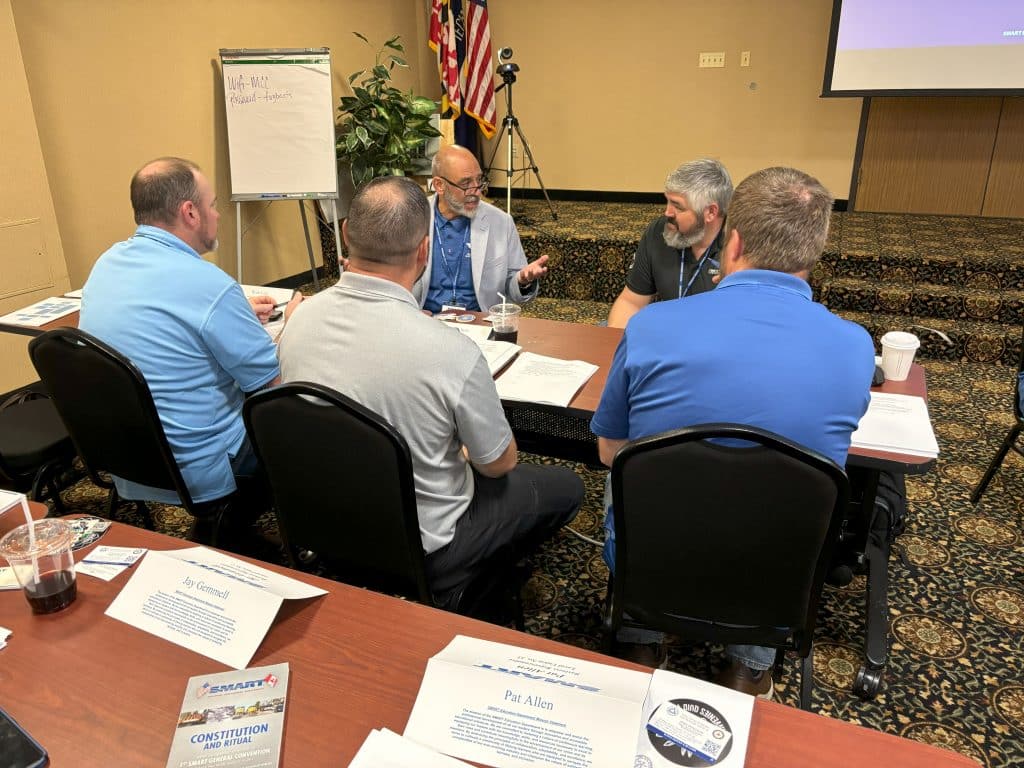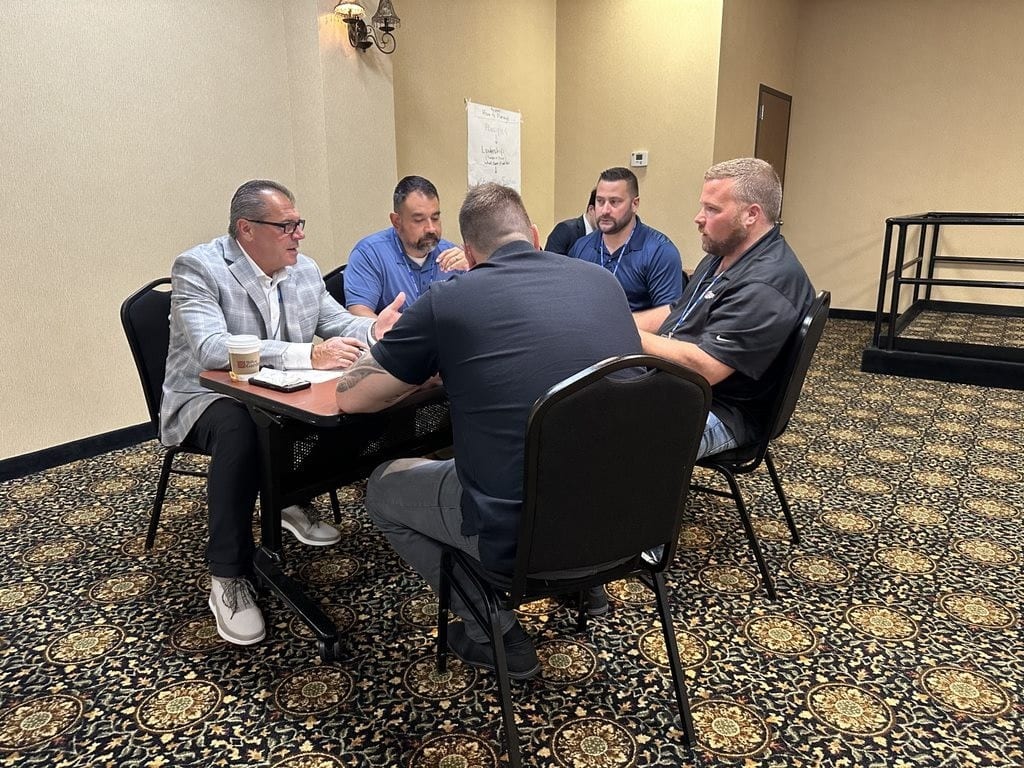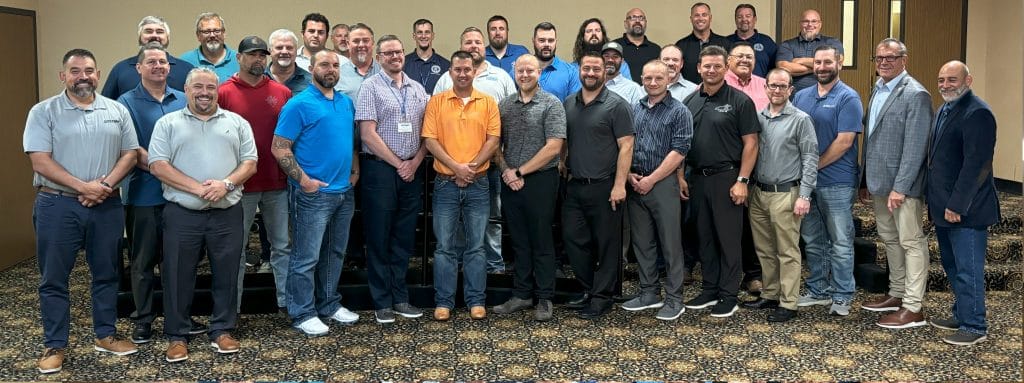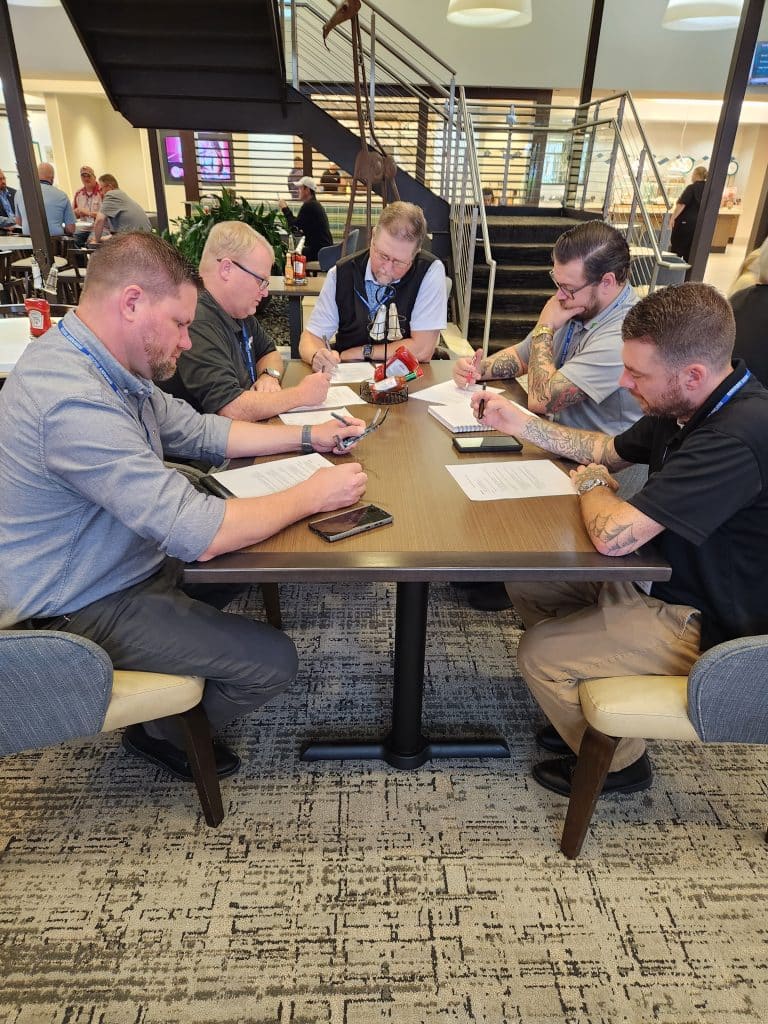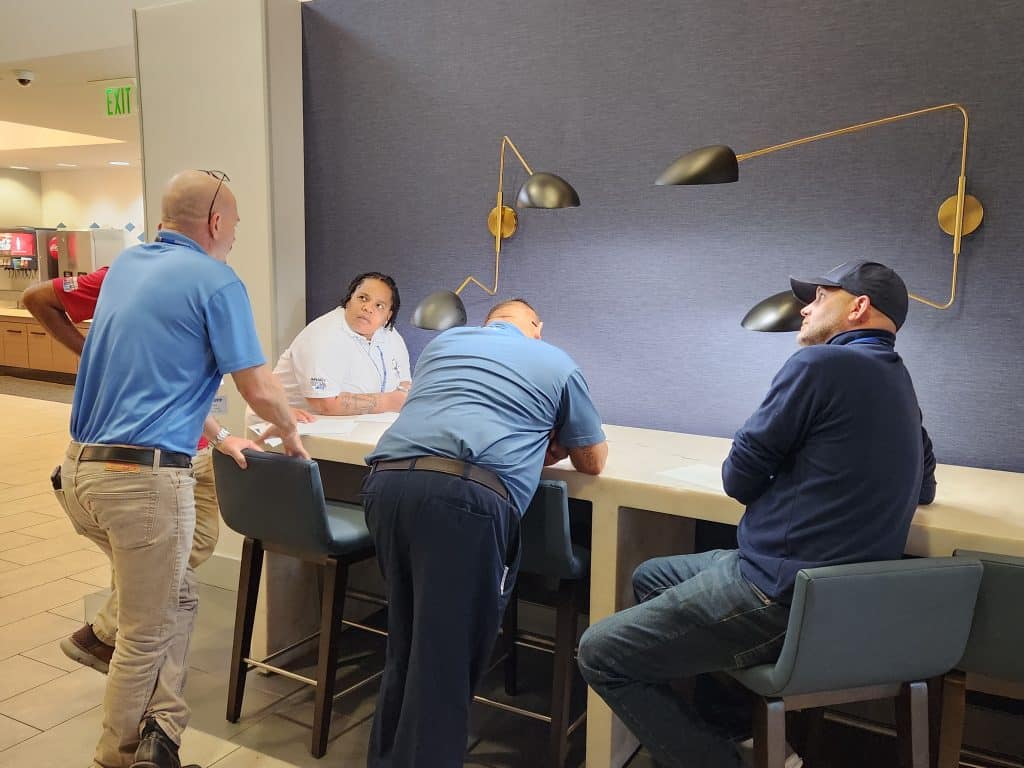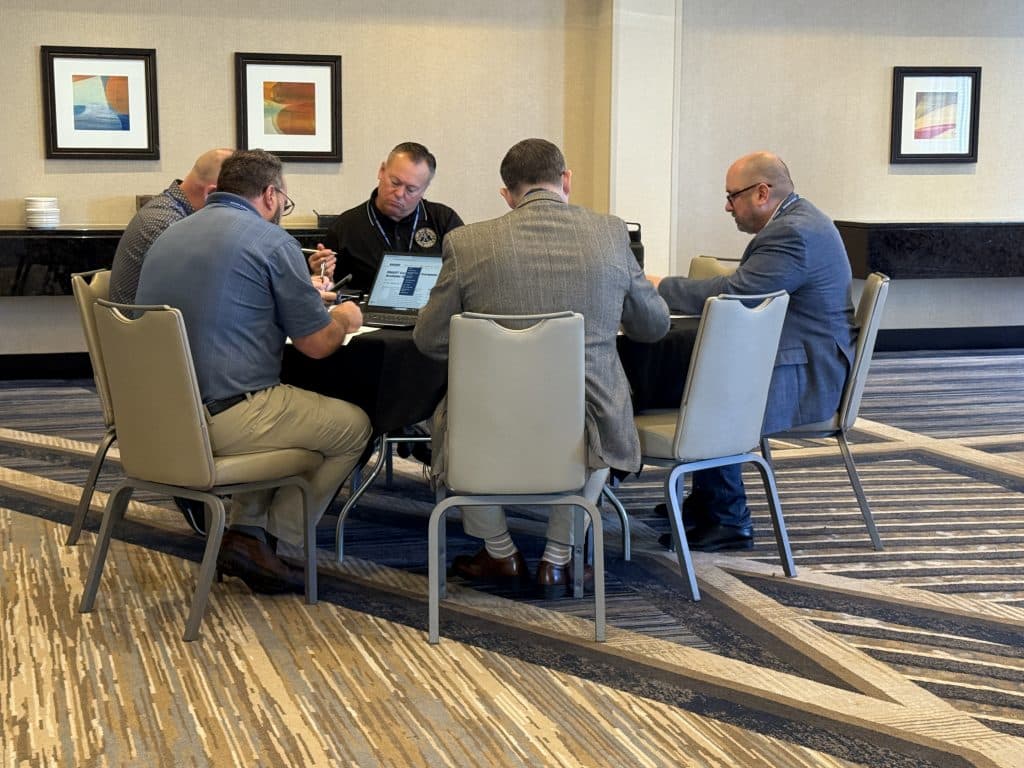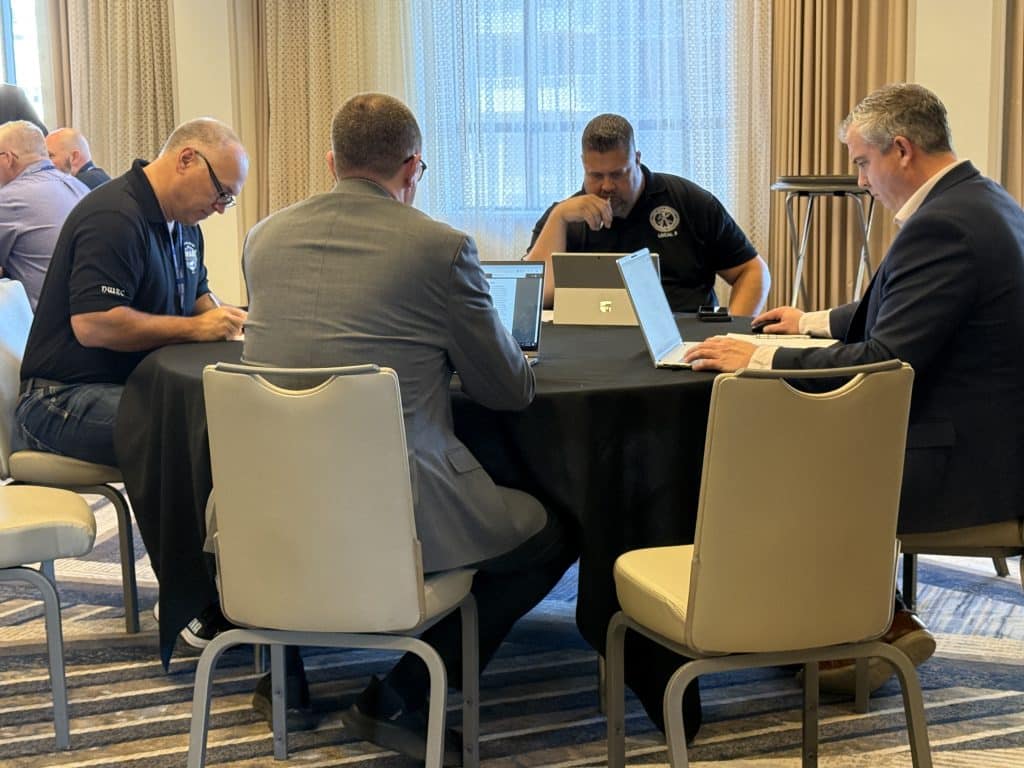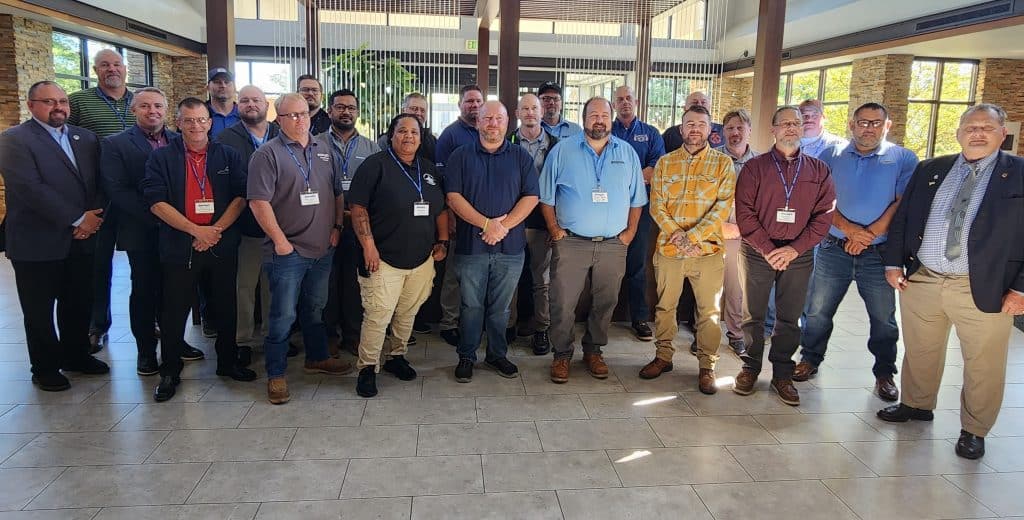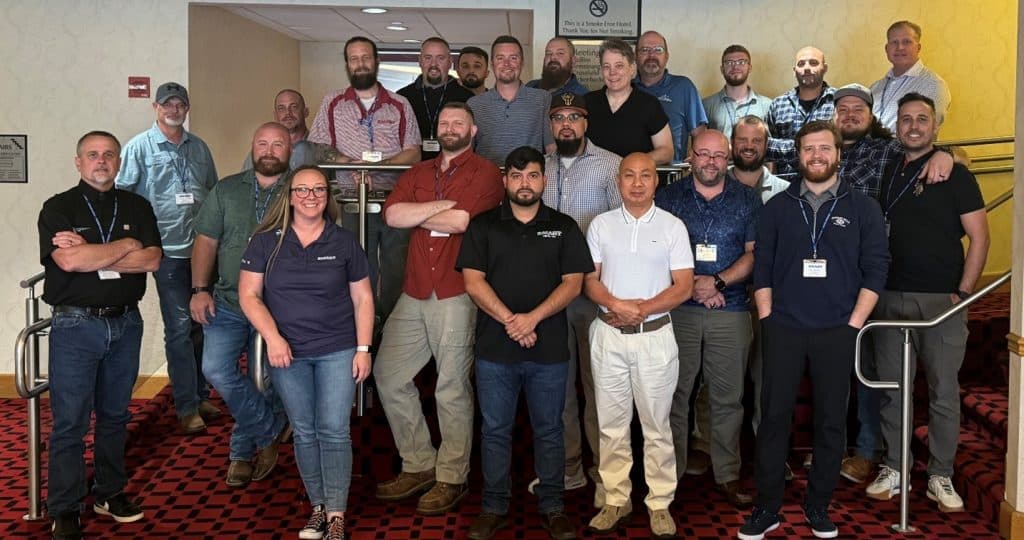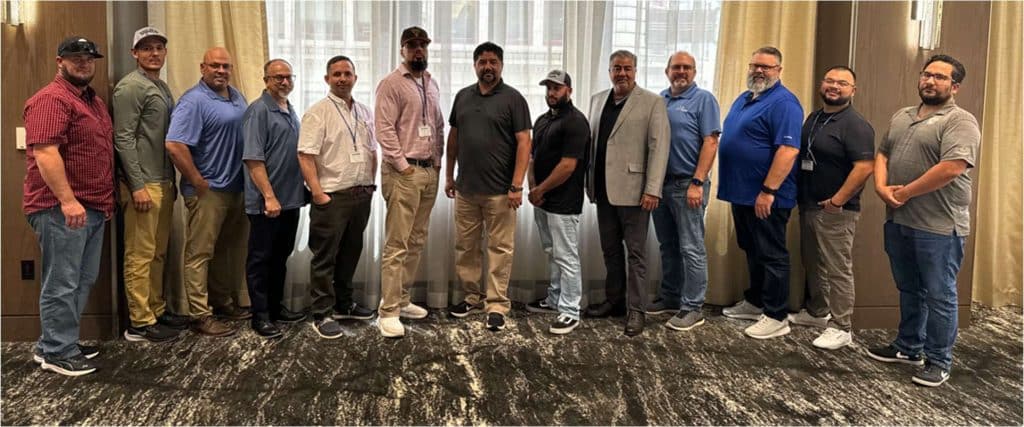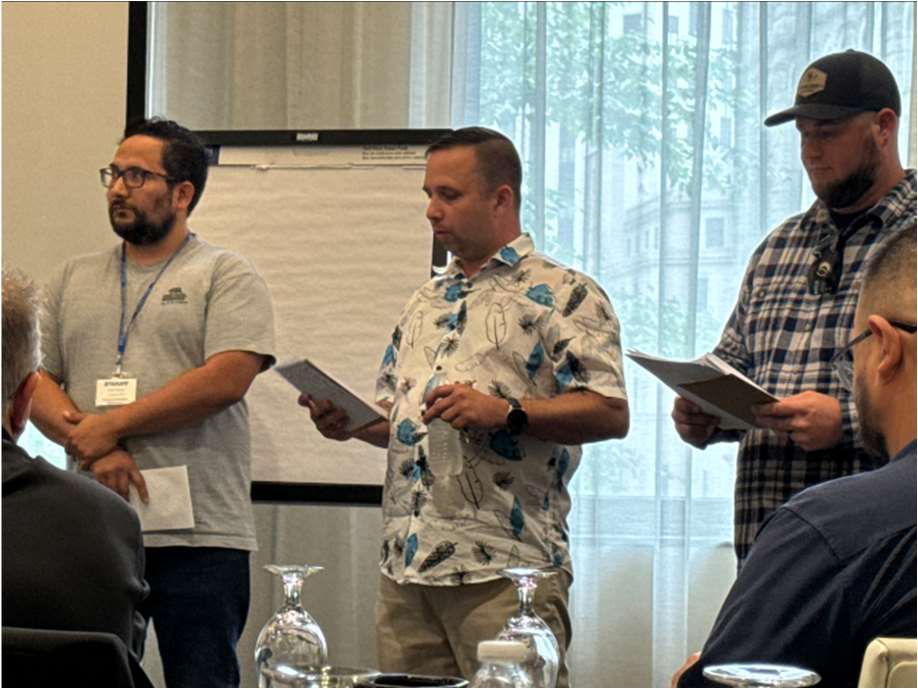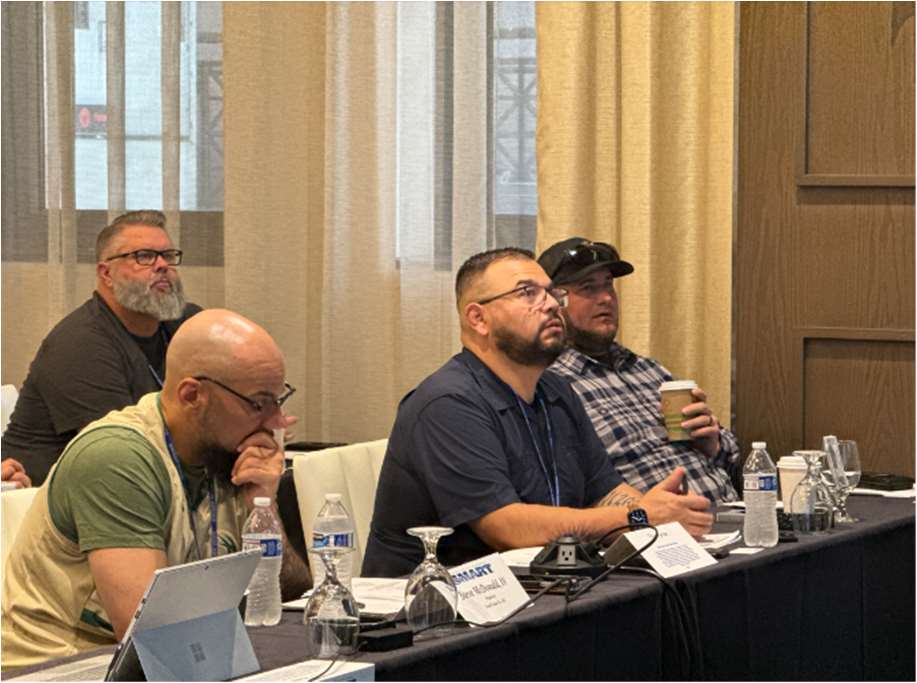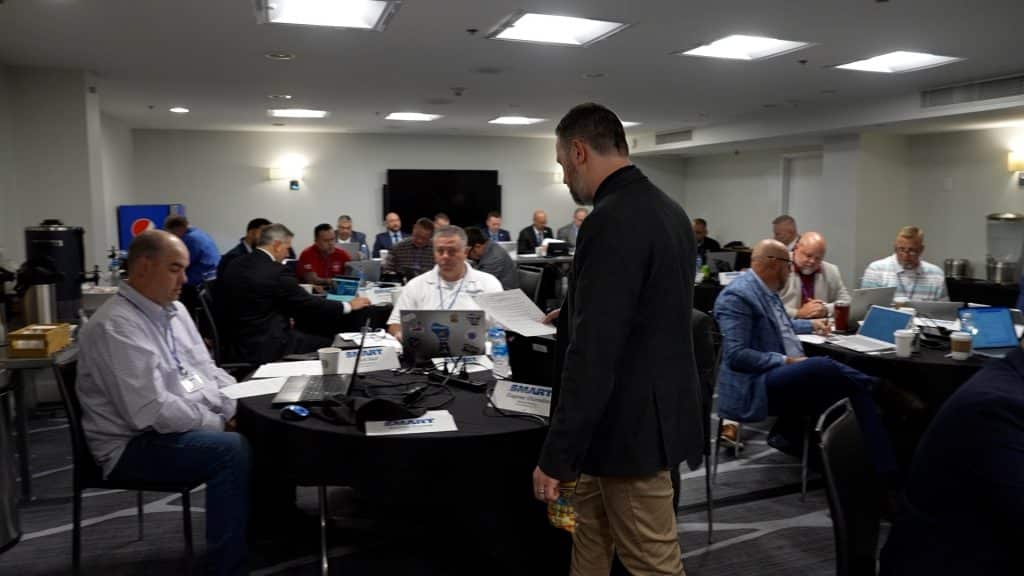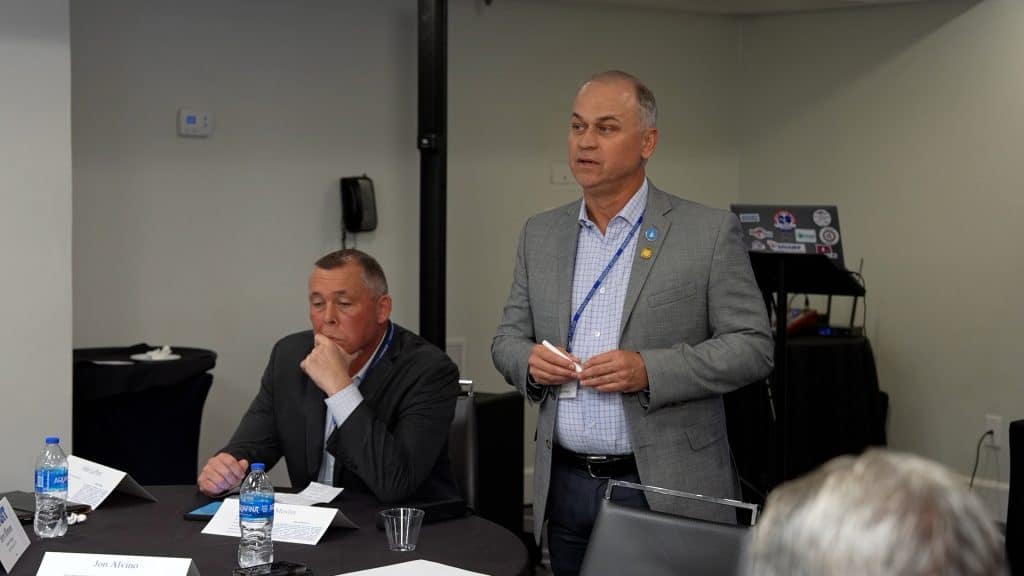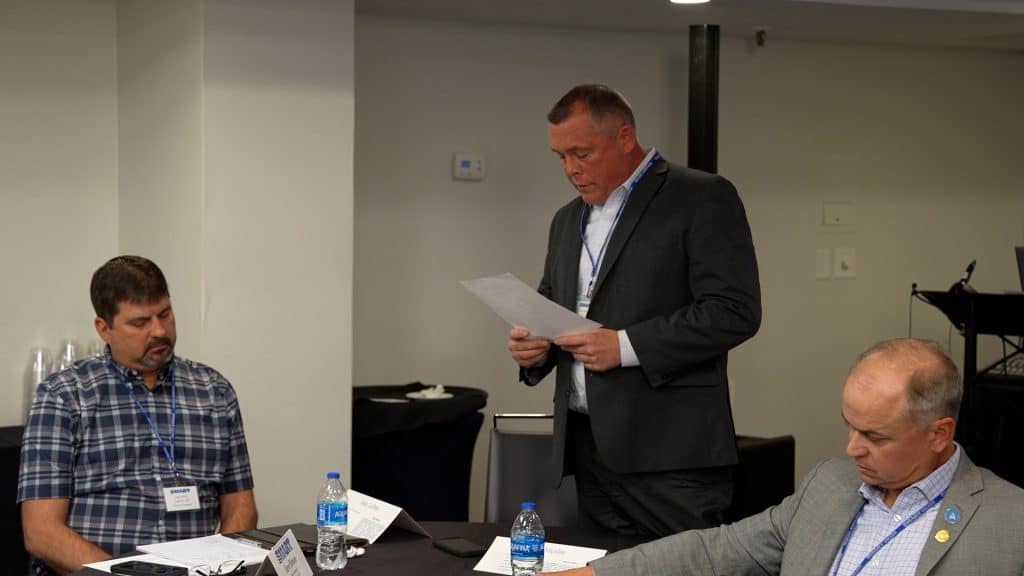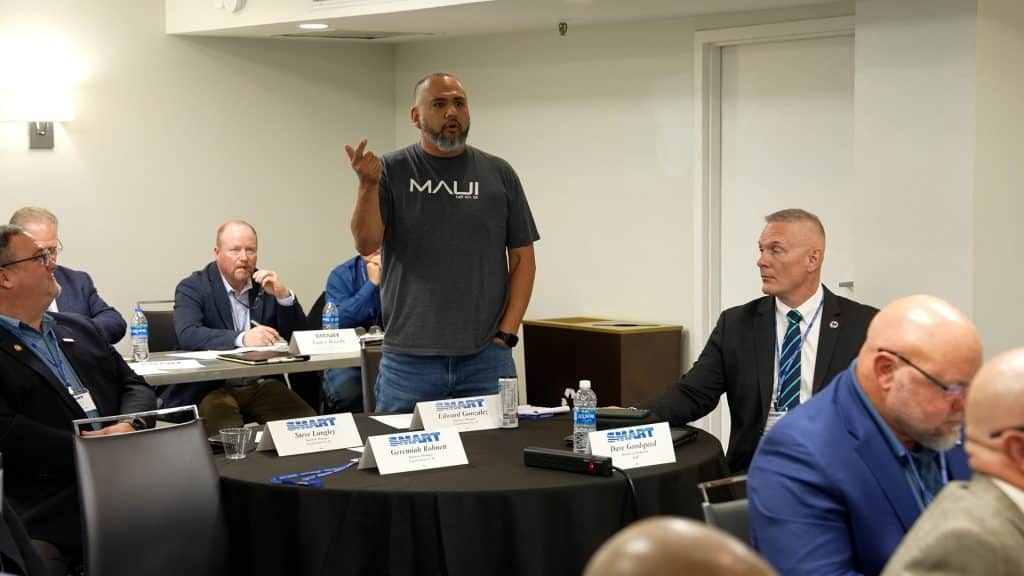As 2025 gets fully underway, bringing with it a new set of challenges across the United States and Canada, the SMART Education Department continues to offer classes to SMART members and officers — helping local unions better represent members, and strengthening our union.
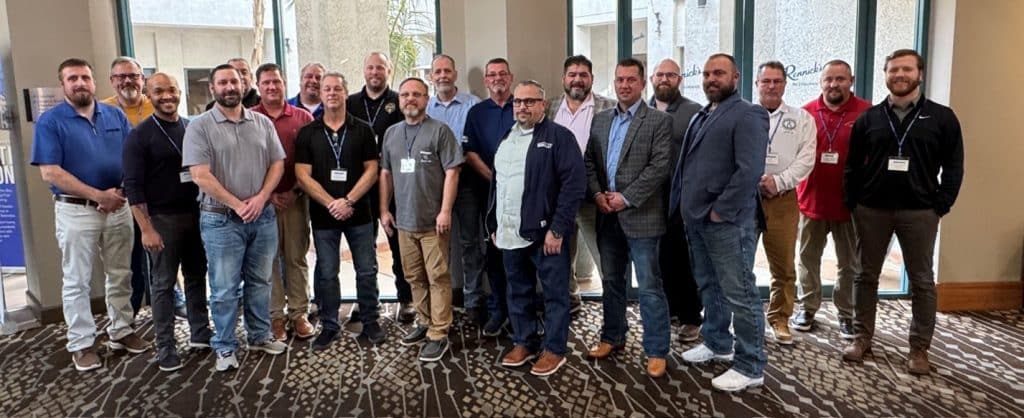
The Education Department held its Effective Communication I class in Phoenix, Arizona, during the week of January 13, 2025. Effective Communication I is focused on improving and applying public speaking skills by giving participants the opportunity to write, research and deliver speeches in front of the class. Participants worked individually and in groups to build informational and persuasive speeches on topics picked at random.
Effective communication is vital for activists of all kinds in our union — whether speaking at a union meeting, testifying to the importance of project labor agreements in front of a city council or speaking to organizing workers coming off the shop floor, communicating impactfully and persuasively can concretely benefit SMART members.
“Over the course of the class, the participants made noticeable improvements in their public speaking comfort level and delivery,” SMART International Instructor Richard Mangelsdorf reported.
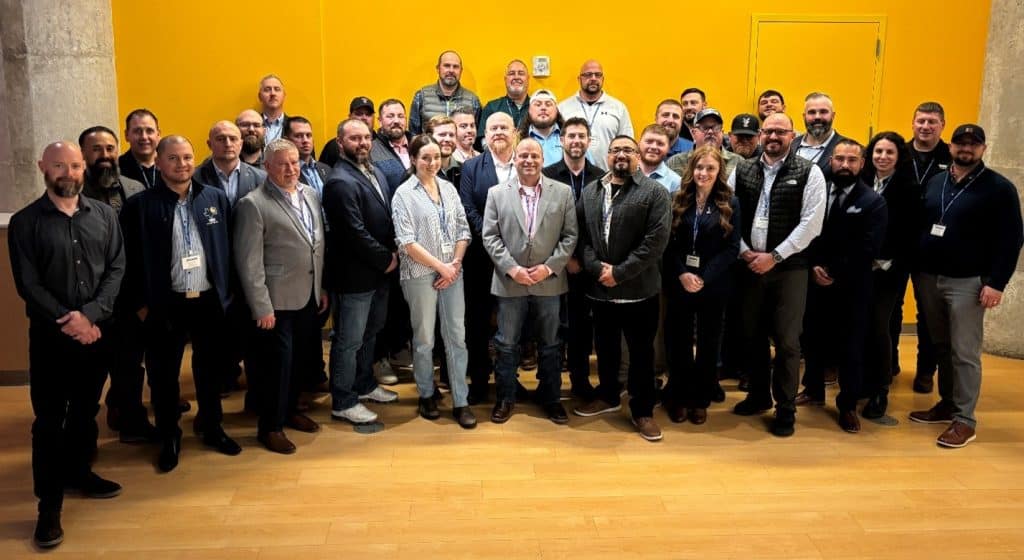
SMART members traveled to Dallas, Texas, approximately one month later to attend the Education Department’s Organizing I class during the week of February 10. The class, completely redesigned for 2025, focused on developing practical competency in the skills and process required to successfully facilitate “bottom-up” organizing campaigns: equipping organizers with the ability to help workers unionize their workplaces and join SMART.
Throughout the week, participants worked in small “local” teams in a comprehensive enactment that mimicked a bottom-up campaign. Each group worked as an organizing team and role-played the workers at two fictional companies — Alpha and Beta Sheet Metal — based on character backgrounds provided for the simulation.
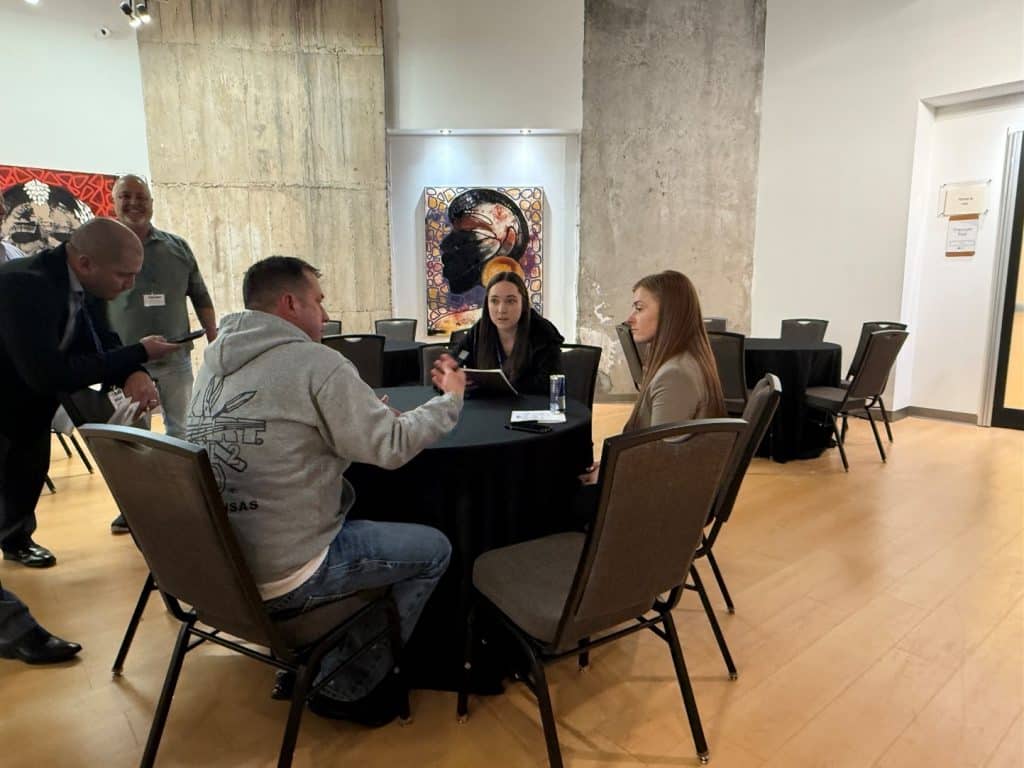
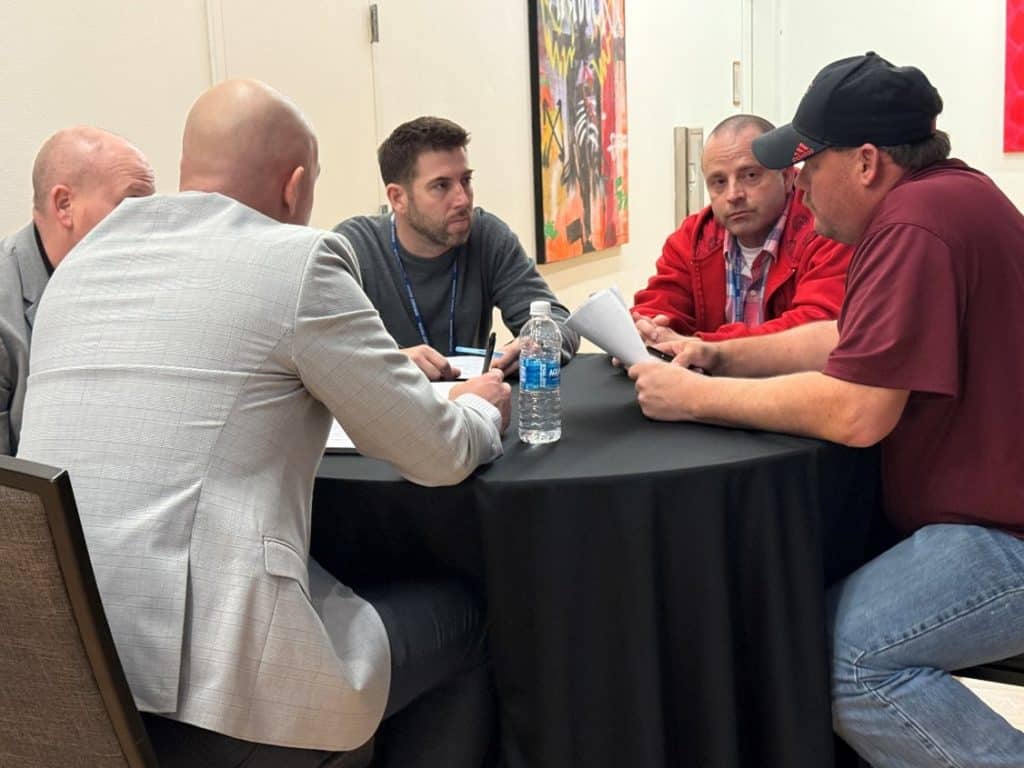
Organizing will be crucial to our union in the months and years ahead, and attendees approached the class with an appropriate level of intensity.
“Participants were genuinely engaged in the simulation and were observed organizing each other after hours, on their own time,” Mangelsdorf remarked. “Everyone did a fantastic job working with their groups and playing their parts.”
